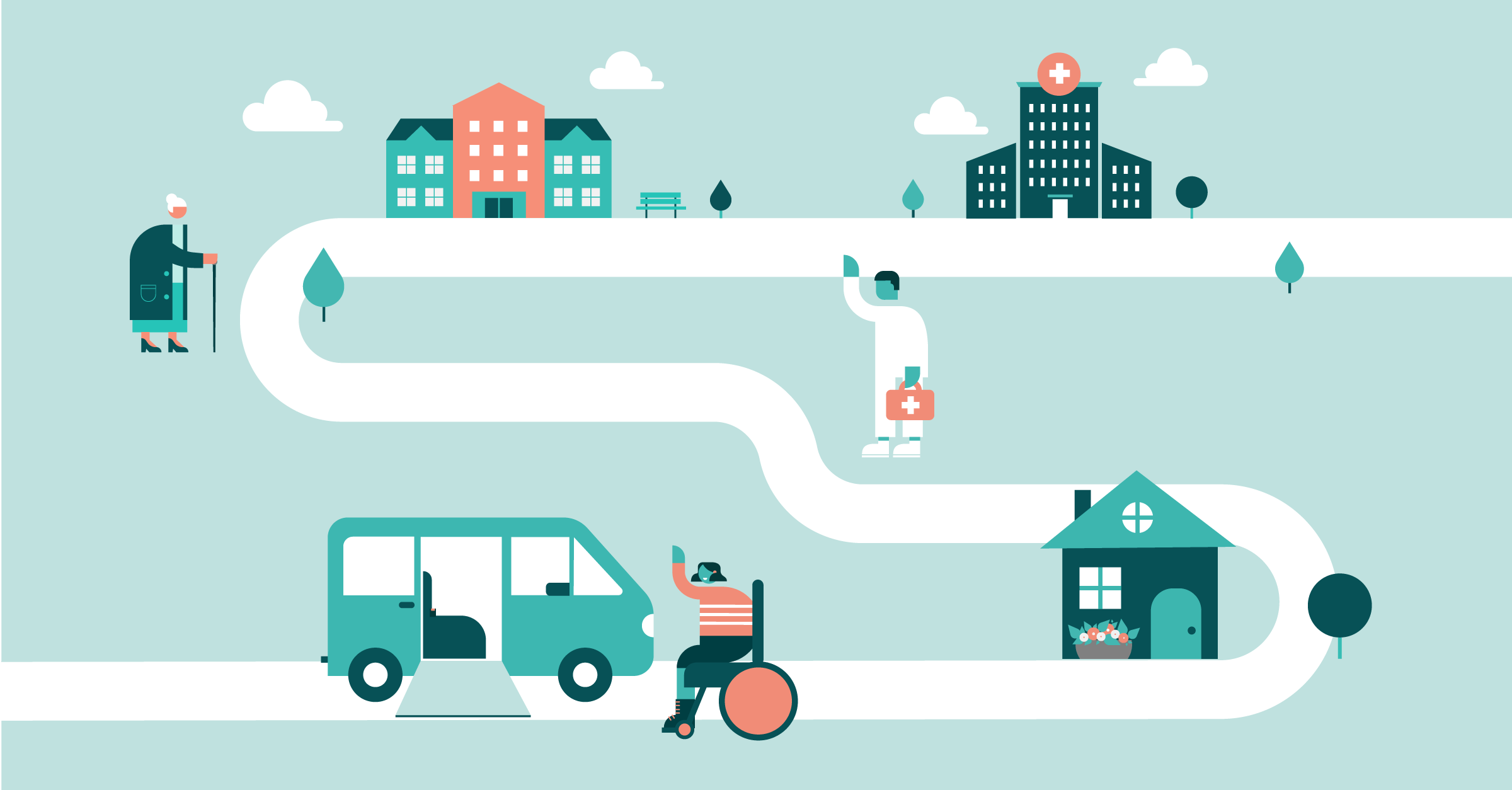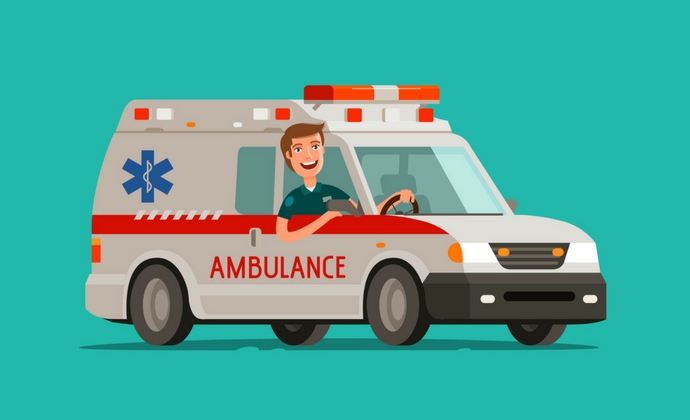Budget-friendly and Accessible Medical Transport Options for each Scenario
In the realm of health care, the ability to access clinical solutions is critical, yet the challenge of cost effective and obtainable transportation can usually impede people from receiving needed treatment. By checking out customized clinical transportation solutions, neighborhood transportation programs, ride-sharing and taxi services, non-emergency clinical transportation, as well as public transit and paratransit alternatives, people can find methods that provide to their specific needs and guarantee they receive the care they need.
Specialized Medical Transport Solutions
Specialized clinical transportation solutions play an essential function in guaranteeing safe and effective transportation for individuals needing specialized care during transit. These solutions accommodate individuals with one-of-a-kind clinical requirements, such as those requiring continuous tracking, specialized devices, or clinical interventions during transport. By utilizing specifically equipped cars and skilled clinical workers, specialized clinical transportation services make sure that individuals get the needed treatment while being delivered in between healthcare facilities, residences, or various other places.
One key facet of specific medical transportation solutions is the concentrate on individual convenience and safety and security. Medical transportation groups are trained to take care of different clinical problems and emergency situations that may arise during transportation, providing a greater level of treatment than typical transport choices. Furthermore, these services usually provide door-to-door assistance, lessening the stress and pain that individuals may experience during transfers.
Area Transportation Programs
Having attended to the crucial duty of specialized medical transport services in ensuring safe and effective transport for people with distinct clinical needs, the emphasis now shifts to taking a look at Neighborhood Transportation Programs - medical transportation. These programs play a crucial function in supplying budget friendly and available transportation services for the general populace, consisting of seniors, people with impairments, and low-income families who may deal with obstacles in accessing standard transportation choices
Area Transportation Programs encompass a variety of solutions such as fixed-route buses, paratransit services, volunteer chauffeur programs, and ridesharing initiatives. These programs are usually supported by city governments, charitable companies, or exclusive business to guarantee that people have reliable transportation choices to reach medical appointments, supermarket, social activities, and various other necessary destinations.
Ride-Sharing and Taxi Services

One of the key benefits of ride-sharing and taxi solutions is their accessibility. These solutions run 24/7, allowing people to take a trip to medical consultations, pharmacies, or health centers at any moment of the day. Furthermore, ride-sharing and taxi solutions deal with people with mobility challenges by providing wheelchair-accessible cars upon request.
Additionally, ride-sharing and taxi solutions can be specifically useful for people residing in areas with minimal public transport alternatives. By linking the void in between home and medical care centers, these solutions play a vital function in making sure that everyone has access to essential clinical services.
Non-Emergency Medical Transportation

Non-Emergency Medical Transportation carriers typically employ qualified workers that are experienced in helping individuals with varying clinical needs (medical transportation). These professionals guarantee that individuals are securely delivered to their destinations in a timely fashion, addressing any kind of certain needs or clinical devices required throughout the journey. By offering door-to-door solution, Non-Emergency Medical Transport boosts the general ease of access of healthcare for people that may otherwise battle to attend essential my website clinical appointments. Generally, these solutions add substantially to improving medical care results by helping with the smooth transportation of clients to non-urgent clinical centers.
Public Transportation and Paratransit Options
Public transportation and paratransit options use essential transportation solutions for people with differing mobility demands, ensuring accessibility to crucial destinations such as medical centers and visits. Public transit systems, including buses, trains, and subways, offer an economical and commonly offered mode of transport for people looking for to reach clinical consultations. These services are especially advantageous for those who may not have accessibility to personal lorries or require help due to wheelchair difficulties.
Paratransit services cater specifically to individuals with specials needs that are not able to use conventional mass pop over here transit. These services offer door-to-door transport, suiting individuals with mobility devices, pedestrians, or other mobility aids. Paratransit cars are furnished with features such as wheelchair ramps and securement systems to guarantee the risk-free and comfortable transportation of travelers with varying wheelchair needs.

Verdict
